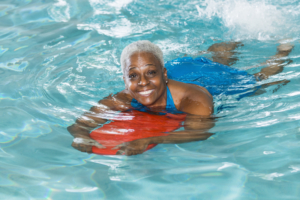Try These Creative Ways to Get More Fruits and Veggies Into a Senior’s Diet
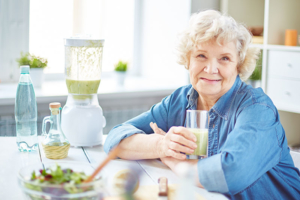
Learn how to add fruits and veggies into a senior’s diet.
It’s no surprise that many seniors, just like anyone else, prefer carbs to carrots, making it challenging to guarantee that their nutritional needs are being met. The CDC shares that just one in ten seniors are meeting the recommendation of at least three servings of vegetables and two servings of fruit every day. Many researchers have reported that seniors who do follow these guidelines reduce their risk for diabetes, heart disease, and other chronic health issues, and subsequently live longer lives.
Maybe it’s time to think outside of the box to promote healthier eating habits in a senior’s diet. For example:
Make it crunchy. There are so many nutritious alternatives to greasy potato chips for a crispy snack or as a side to enjoy with a sandwich. Pick up a few for the older adult in order to see which ones they prefer: kale, sweet potato, beet, radish, green bean, eggplant, and much more. Or try freeze-dried fruit, another crunchy and nutritious alternative.
Make it smooth. If you’re looking to add a few superfoods to a senior’s diet, smoothies and sauces are great ways to do so. You can create a refreshing, delicious drink by blending a little spinach, yogurt, and fresh fruit. Or experiment with pureeing different vegetables to mix in with marinara sauce: zucchini, carrots, kale, bell peppers, etc.
Opt for convenience. Slicing, peeling, chopping, cooking – the numerous steps needed to prepare some vegetables and fruit make it easier to just grab a prepackaged snack. Try to find healthy alternatives that are just as easy to grab and enjoy, like ready-to-eat salads, baby carrots, or other cleaned and sliced veggies, individual cups of fruit, bananas, etc.
Freeze it up. Make your own simple, healthy frozen snacks by blending fruit with a small amount of juice or water, pouring into popsicle molds, and freezing until solid. These also make a wonderful multi-generational activity! Invite the family members over, let everyone choose their favorite flavor to make, and then spend some quality time together as you wait for them to chill before enjoying your personal creations.
Join a CSA. If you’ve never considered a CSA, now is an ideal time to explore this option. A CSA (community supported agriculture) is a subscription service for fresh produce from local farmers. Discover more and find a CSA near you here.
Responsive Home Care’s caregivers are skilled in preparing delicious, healthy meals based on each person’s individual preferences. We are available to pick up all of the ingredients too! Just give us a call at (954) 486-6440, or contact us online for assistance with enhancing a senior’s diet with the help of our elderly home care in Hollywood, FL and the nearby areas.

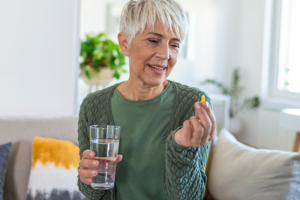
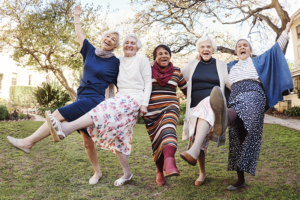
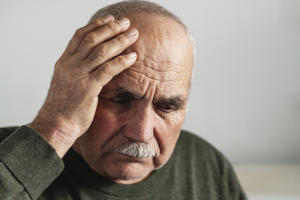
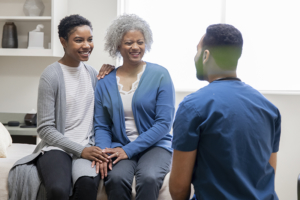
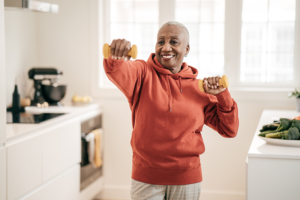
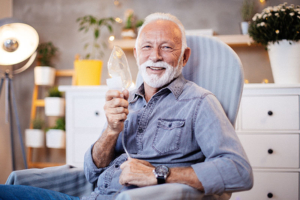 It began with those in your inner circle, and it has gradually been spreading outward to friends and acquaintances. Discussing a COPD diagnosis and knowing how to reply to the various questions that arise about it could be uncomfortable – for you personally, and for those you are speaking with as well.
It began with those in your inner circle, and it has gradually been spreading outward to friends and acquaintances. Discussing a COPD diagnosis and knowing how to reply to the various questions that arise about it could be uncomfortable – for you personally, and for those you are speaking with as well.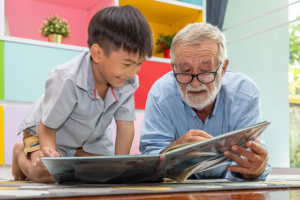 What motivates you to get up out of bed every morning? The answer is different for every single one of us, of course, but there is one commonality: it could allow you to live longer. Scientific studies are answering the question, “Does having a sense of purpose help us to live longer?” with a resounding “Yes!” as evidenced in Japan, the country with the highest life expectancy on earth.
What motivates you to get up out of bed every morning? The answer is different for every single one of us, of course, but there is one commonality: it could allow you to live longer. Scientific studies are answering the question, “Does having a sense of purpose help us to live longer?” with a resounding “Yes!” as evidenced in Japan, the country with the highest life expectancy on earth.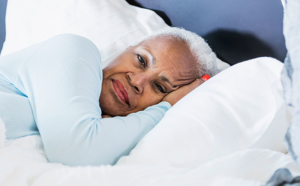 If it feels like a senior with
If it feels like a senior with 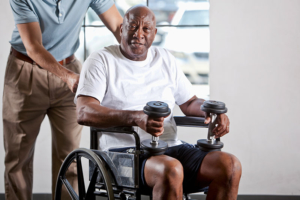 As we’re finally easing our way out of this pandemic, we’re finding more about how it has harmed senior loved ones – both physically and emotionally. We know older adults have been at a higher threat of serious issues and death due to the COVID-19 virus, although the impact of 15 months of social isolation and physical distancing is similarly distressing.
As we’re finally easing our way out of this pandemic, we’re finding more about how it has harmed senior loved ones – both physically and emotionally. We know older adults have been at a higher threat of serious issues and death due to the COVID-19 virus, although the impact of 15 months of social isolation and physical distancing is similarly distressing.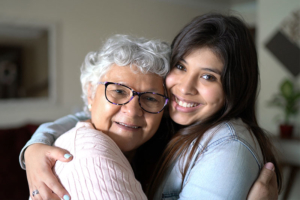 A new study sponsored by the Alzheimer’s Association is uncovering some striking findings in how dementia may present differently in Hispanic people. While additional exploration is required to fully understand whether these differences are the result of social/cultural nuances or perhaps the dementia itself, it’s worthwhile information for Latino families to know.
A new study sponsored by the Alzheimer’s Association is uncovering some striking findings in how dementia may present differently in Hispanic people. While additional exploration is required to fully understand whether these differences are the result of social/cultural nuances or perhaps the dementia itself, it’s worthwhile information for Latino families to know.